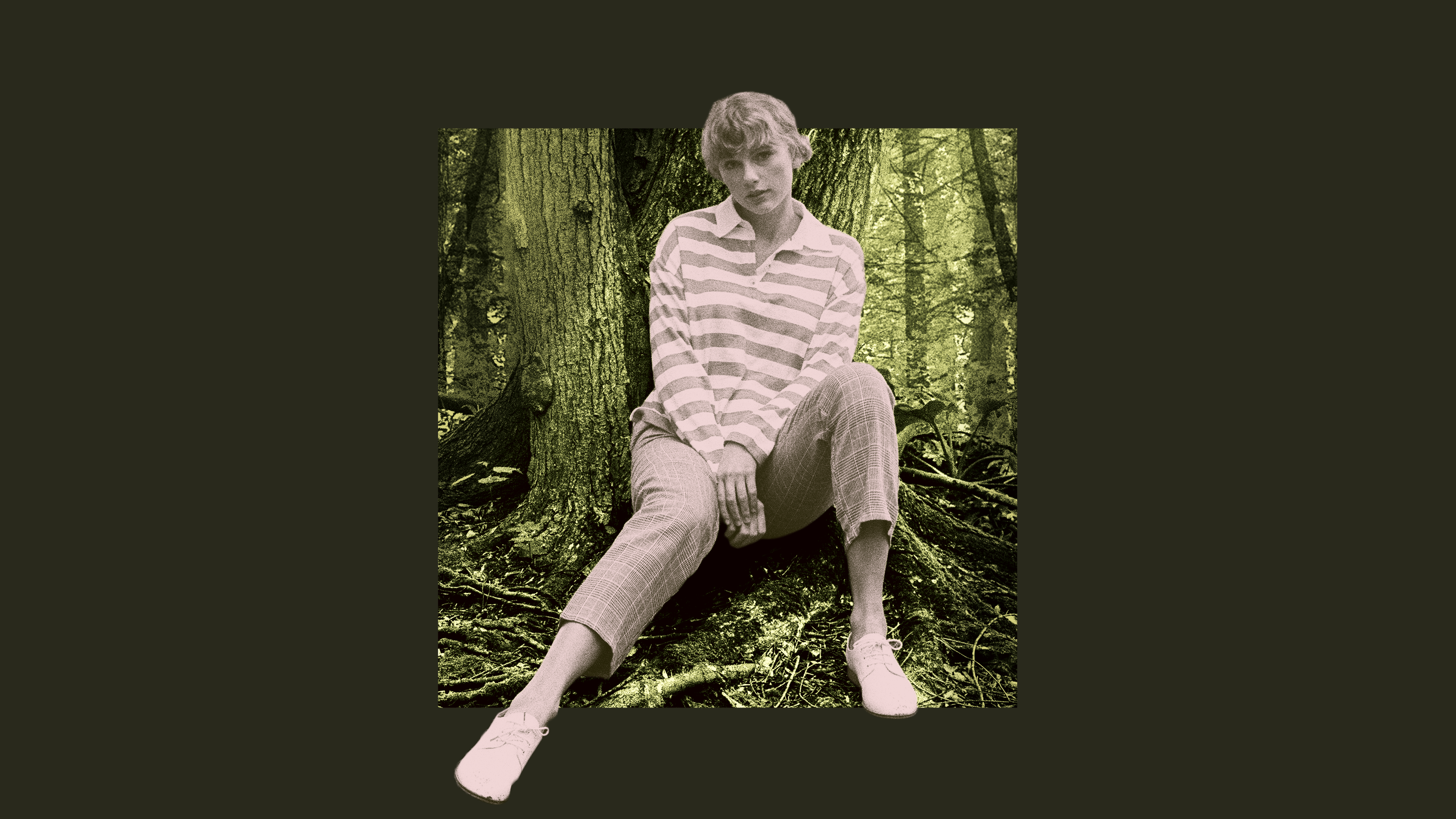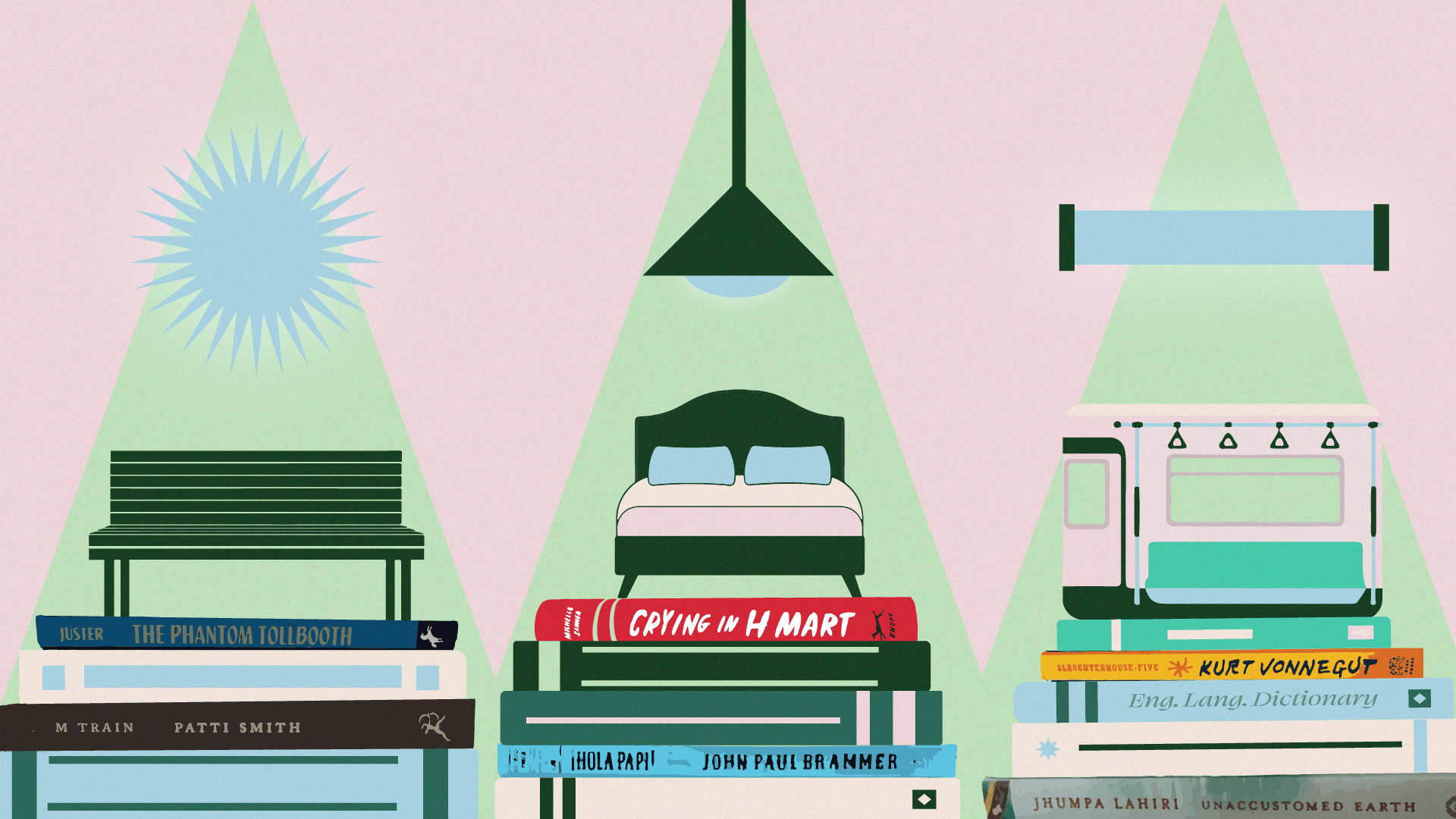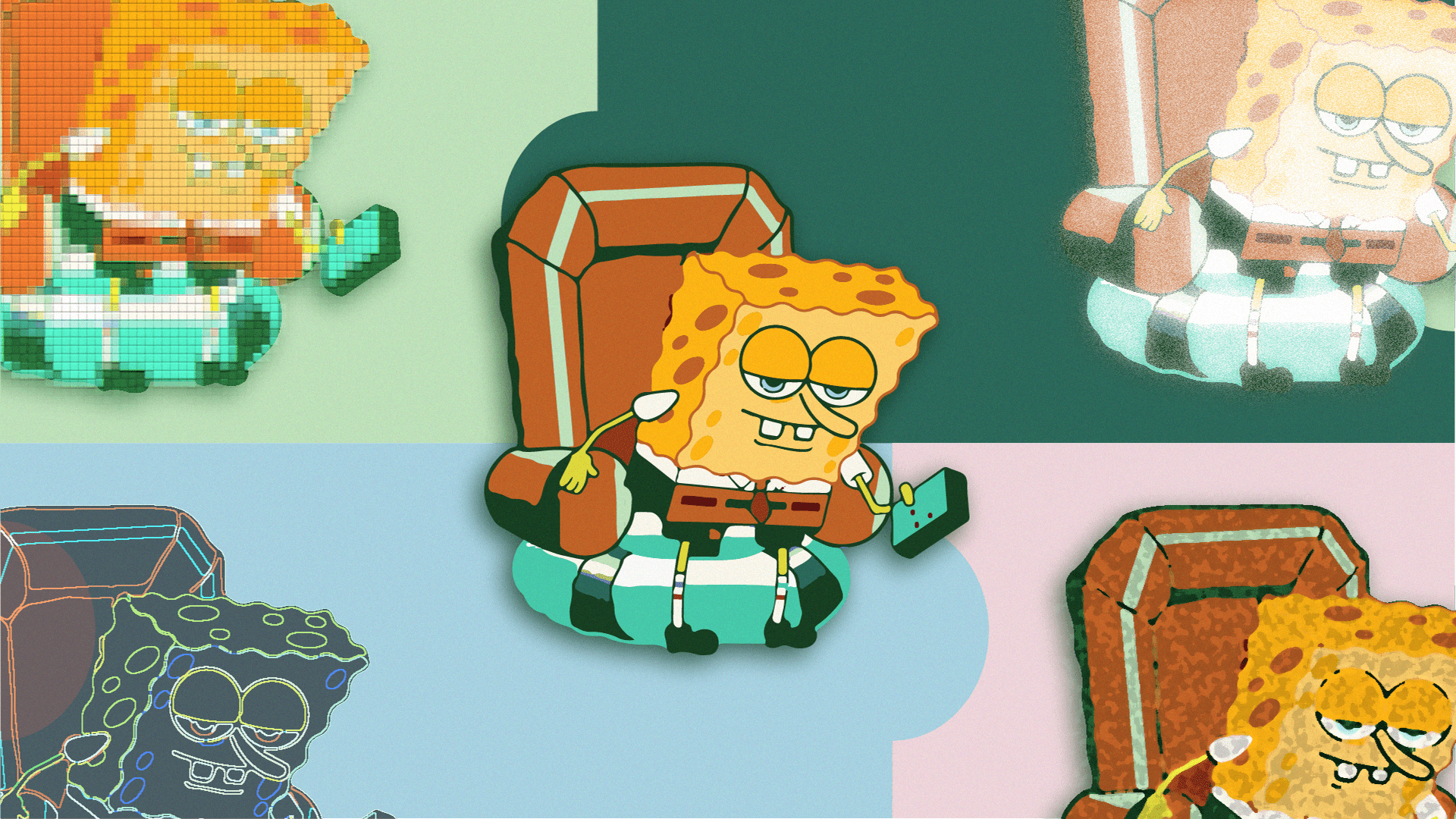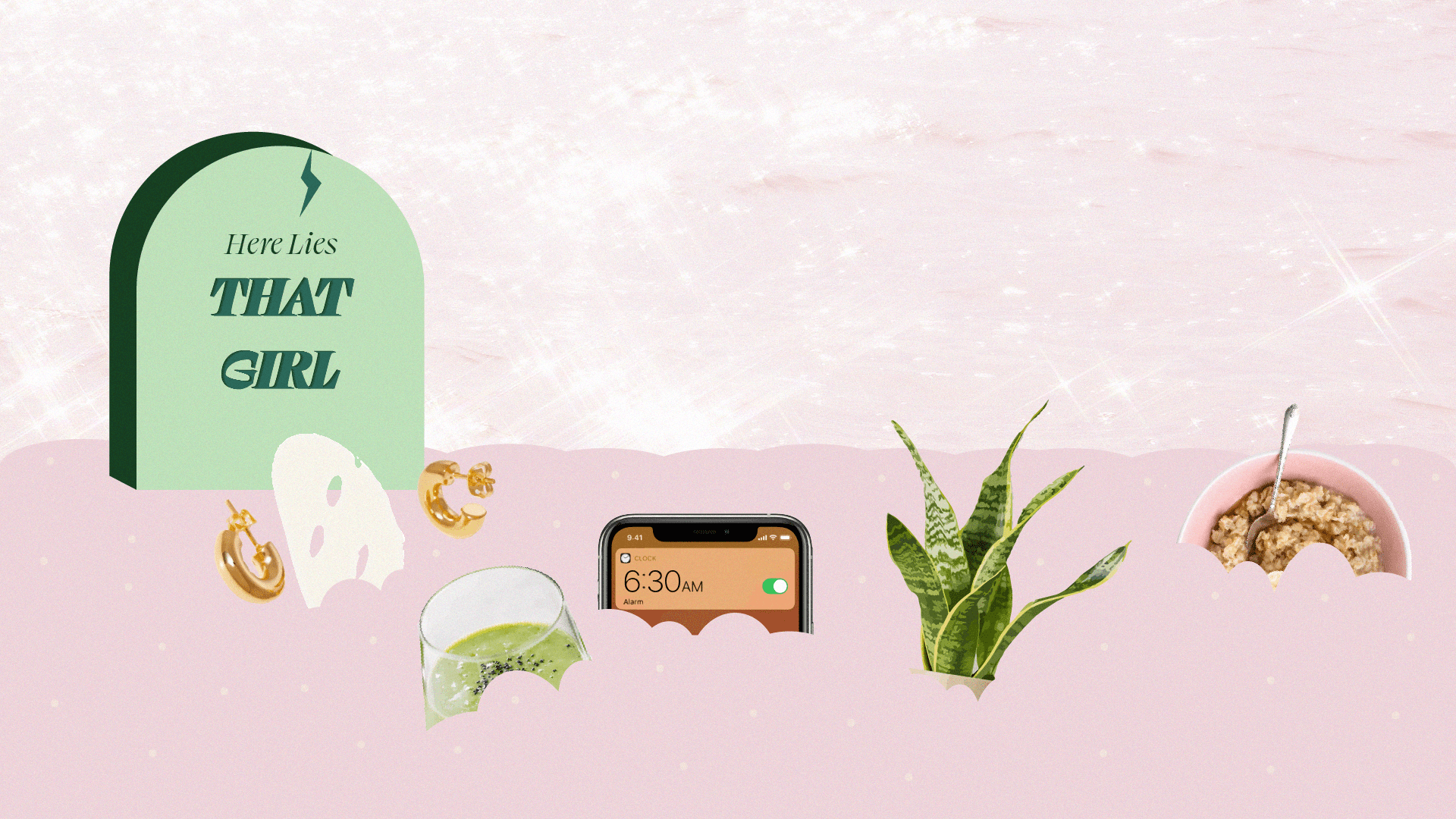
Taylor Swift’s “Folklore” is a Decade in the Making
After seven albums of sonic exploration, a new Taylor Swift has arrived.
Taylor Swift’s genius lies in the stories she tells. She can enwrap a listener in the details like they were yesterday, and on folklore, Swift takes you on the conceptual, mystifying journey of love and life — one only she could create. After seven studio albums, her singing and lyrical voices are finally married and soaring on her eighth.
Throughout the album, Swift effortlessly wanders between the adolescent and adult kinds of love and loss. On “cardigan,” Swift reminisces about dancing under streetlights and kissing in cars and bars with a former love, singing “when you’re young, they assume you know nothing / but I knew you.” Swift’s caustic lyrics like, “You drew stars around my scars / But now I’m bleeding,” are all the sharper when backed by an eerie piano. The more Swift digs deeper into her pit of emotion and longing for this lost love, the more violin strings quell.
This type of endless longing reverberates throughout folklore. On songs like “exile” and “august,” we’re left processing the fickle nature of great loves, how we never saw them ending, and can be stuck on the memories. The album’s isolated and echoing vocal production bolsters these themes by allowing us to become entranced by Swift’s diverse vocal ability. We hear the cracks on and wonder in Swift’s voice as she soars into high notes on “mirrorball” and emotionally falters on “seven” with each breath she takes. Instead of fast tempos, swift transitions, and booming beats, we’re drawn down to what feels like the center of the earth with Swift as she’s backed by violins, guitars, pianos, soft percussion, and harmonicas. Songs blend into each other like memories happen all at once.
“Mirrorball” and “seven” both drift away from the stylings we’re used to from Swift and capture her maturing voice. Produced by long-time collaborator Jack Antonoff, “mirrorball” adds dimension to Swift’s voice we’ve never heard before as her soft delivery is layered and she harmonizes with herself. New collaborator The National’s member Aaron Dessner produced 12 songs on the album and his indie rock influence is present throughout the album. Dessner’s production on “seven” is a particular standout as the cascading piano and the strumming guitar enhance Swift’s sweet and ethereal voice.
Only on “betty” do we hear a song that could have been sung by an adolescent Swift. Her delivery evokes her early country voice. It’s sonically and thematically reminiscent of the Fearless’ “Fifteen,” where Swift tackled a serious subject on a country ballad. Unlike that era, Swift could only write this song now. I mean, she curses in it! Although, there’s a theory out there that “betty” is actually a song about the trying and complicated nature of a queer girl in love and pursuing Betty. The chorus repeats the terrifying questions that come with young love, “Would you have me? / Would you want me? / Would you tell me to go fuck myself? / Or lead me to the garden?” The song is reminiscent of the old Taylor, the one who would just grab her guitar and sing deep teenage thoughts like she was effortlessly reading all our minds.
When I was 13, she transformed my life and the lives of many young girls by writing and singing about what we all felt and more. As a young queer woman, hearing “betty” almost made me cry. I felt finally seen by the artist I connected with the most a decade ago. Now at 23, I hear the shades of despair, regret, and shame that come with becoming an adult in her writing and her delivery. Swift achieved what we all never saw coming, a glorious, heartfelt, and poignant album that allowed us to hear the texture, the sweetness, and the longing of her voice. Instead of waiting for the perfect moment to release folklore, she let go, let loose, and finally let herself follow the music.


